Vesper: Zero Light Edition
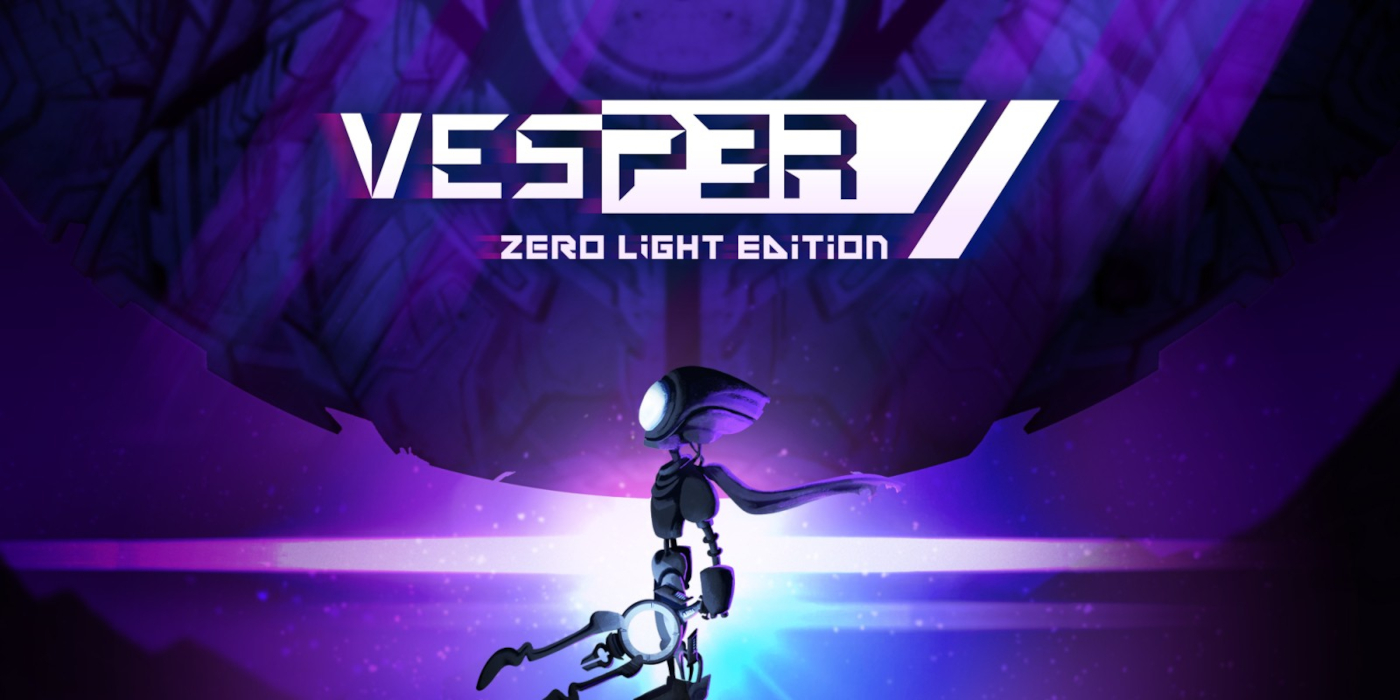
First showing up on our radar way back at Gamescom 2021, sci-fi puzzle-platformer Vesper caught our eye with its lucid colour palette and interesting character design. Sadly, our busy schedule kept us covering the original release, but developers Cordens Interactive have been busy working on an update that dropped in mid-May 2022. Titled Vesper: Zero Light Edition, the new version comes as a free update for existing owners on PC, but launched as a complete and standalone entry on Nintendo Switch. After having Vesper in our sights for so long, we jumped at the chance to review the Switch version and see exactly what we’d missed the first time around.
At A Glance
| Scores | |
| Visuals | 7 /10 |
| Sound | 8 /10 |
| Gameplay | 5 /10 |
| Overall | 6 /10 |
| Positives | + Vibrant and engaging visuals + Intriguing post-war sci-fi world + Evocative character acting |
| Negatives | – Number of bugs and crashes – Gameplay lacks urgency – Puzzles all rather simple |
| Price (When Reviewed) | £7.99 |
| Our Playtime | 5 hours 30 mins |
| Available On | Nintendo Switch, PC |
Vesper: Zero Light Edition tells the story of a small robot called Seven, who has been awakened to single-handedly reverse the fortunes of his war-torn world. Having crash landed on a planet with little understanding of what has happened, Seven must navigate hostile environments and stay out of reach of the crazed Corrupted Children and the mysterious Zero Light, which will stop at nothing to see his light is extinguished. Along the way he must recover his memories and piece together truths about the time before the ancient war, so that he might truly understand his purpose and bring salvation to the universe. Reminiscent of the 2009 animated movie 9, we share the tale of an artificial creation who has to overcome a great and terrible threat, and whose understanding of how and why is not apparent until the last moment.
What immediately jumps out at you are Vespers vibrant visuals, which absolutely pop. I’d describe the visual styling as ‘otherworldly silhouette’; vivid coloured backgrounds that leap off the screen in stark contrast to the deep blacks of the foreground and interactive elements. The environments span every colour of the rainbow and help to subtly steer the mood in each area; cool, melancholy blues of loss give way to fierce reds and incandescent oranges as tensions rise and Seven comes under threat. While the atmosphere building in Vesper is more suggestive than explicit, it’s impossible not to be dumbstruck by how the game looks – even in still frames. I played the game on my launch-edition Switch but can only imagine how stunning it would look on a shiny new OLED edition.
Seven and his fellow Children are depicted in familiar faceless-indie fashion, though there’s a certain sweetness to their squat style that definitely makes them an endearing bunch. Our silent protagonists play out their parts in wonderfully over-acted fashion, and the drama of their movements sold a playful innocence that I imagined was suppressed by the war. The Corrupted Children are much less lovely however, and have a sleek, angular style that displays their predatory instincts and gives them a genuine aura of menace.

And where the visuals create a backdrop atmosphere to play against, the soundtrack certainly aims to underscore it. Francesco Gagliardi’s haunting synth pieces add a great amount of depth to the game and really sharpen the bleak and lonely tone of the world following the Vesper Protocol. There are some lighter moments, but Gagliardi’s best work is in hammering home the gravity of Seven’s adventure, with sudden booming bass and scratching strings underpinning some of Vesper’s more sinister and stressful moments. You can listen to the original soundtrack on Spotify and I’d certainly recommend it to any sci-fi fans out there – the music manages to tell a tale all on its own, even without the animation and gameplay.
Speaking of the gameplay, this is where, sadly, the shine starts to come off Vesper a little. The game plays out as an Oddysee-like, where Abe has been replaced by the less charismatic (but definitely more adorable), Seven. Together you run from screen to screen, hopping over pitfalls, pushing buttons and outrunning the angry Corrupt, and even make use of a Drive Gun to possess your enemies and turn their skills to your advantage, much as Abe did in 1997. There are a few nice wrinkles thrown in, like being able to draw in light with the Drive Gun and take it with you for later use, or igniting hanging lights to block the pursuit of the Zero Light menace and buy you time in escaping, but many facets of the gameplay will feel very familiar to fans of the genre.

While Vesper does an admirable job of recreating the puzzle-platform mechanics of similar titles, with the plotline and stylings very much pushed to centre stage, there’s a very little bite to the puzzles or the action sequences. The pace too is rather sedate for a game where you spend much of it on the run. In spite of some stellar efforts from the visuals and sound departments, there’s a regrettable lack of urgency to the gameplay, with a meandering feel to even some of the most threatening moments of the game. That isn’t to say that Vesper fails to deliver any tension at all, but for a title that succeeds in so wonderfully setting the stage for a frantic and fraught adventure, the hands-on play left me wanting more risk, and consequently, more reward. There’s nothing at all wrong with the gameplay in Vesper, but nothing especially grabbed me either, and that’s a shame since the world has you by the scruff of the neck from the get-go.
I unfortunately ran into my fair share of bugs while playing Vesper: Zero LIght Edition, and I’ll admit that restarting the game on four or five occasions mid-play worked to dampen my enjoyment. From a simple clipping error that saw me falling into eternity, a straight crash, and a broken puzzle that left me unable to progress and having to replay a 20 minute chunk of the game, there were a fair few QC missteps in the first iteration on the Switch. As with most indie developers though, I have every faith that Cordens Interactive will continue to refine Vesper beyond the initial release cycle and polish out these blemishes before long.

So, in the face of some lukewarm puzzles, a slow pace and annoying bugs, how does Vesper right the ship? With a smattering of fractured storytelling that takes place in a world that offers a great deal of engagement in a pretty short run time. You’ll find scattered diary entries, scientific logs and fleeting spectres as you play through the game, and these expand on the story and shine light on a universe that’s both thoughtful and intriguing. While some of the entries were a little philosophical for my tastes, I could see the consideration given to the wider story eking out amongst this war-torn galaxy and applaud Cordens Interactive for making me want to know more once the end credits rolled. While vague in its narration, the story is both sombre and sinister, and there were two particular flashbacks from times before the war that really fired my imagination. This is a universe that I would love to experience in more detail in a second entry in the series.
In fact, Cordens Interactive offer a digital art book that collates some beautiful images alongside the collectable diary entries from the game, as well as details of events preceding Vesper: Zero Light that offer a more detailed look at their universe. I’m not usually one for gating lore behind a paywall but for such a modest fee, I would encourage players to buy it and engage with the story a little more deeply – I think your experience of the game will be better for it. I would love to own a hardback copy of Vesper: The Age of Zero Light – it would make quite the talking point displayed prominently on any coffee table or bookshelf.

Vesper: Zero Light Edition is a beautiful look at a haunting universe that can’t quite do enough to sweep the player along for the ride. Despite the vibrant visuals and the atmospheric synth score, the gameplay lacks the urgency required to fully celebrate the setting, or the challenge to make it self-sustainably rewarding. The simplicity of the gameplay and the intriguing tale, narrated with impressive music and stunning sci-fi silhouettes will make some players fall in love with Vesper, but the lack of challenge and open-to-interpretation storytelling may turn off just as many.
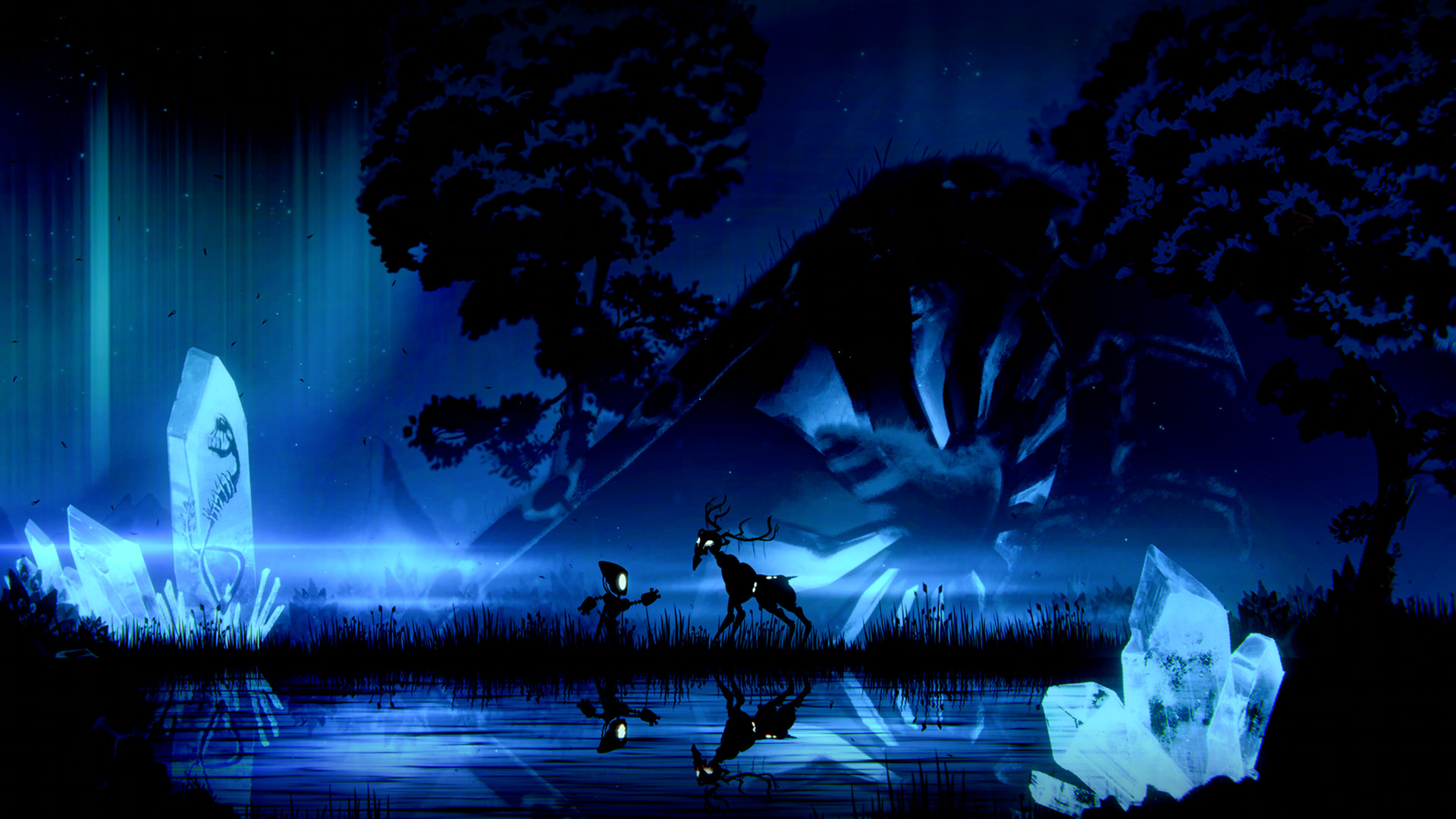
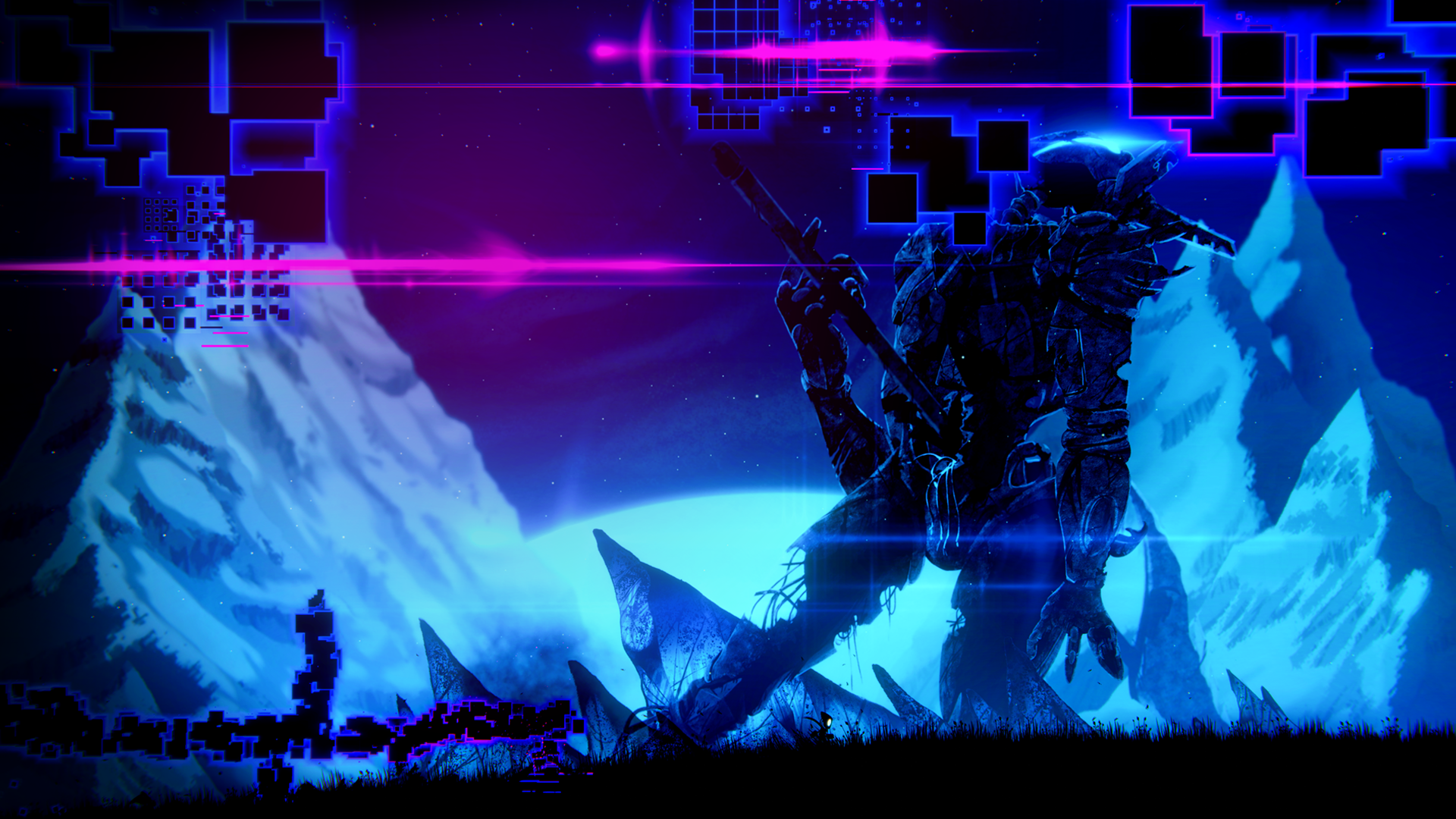
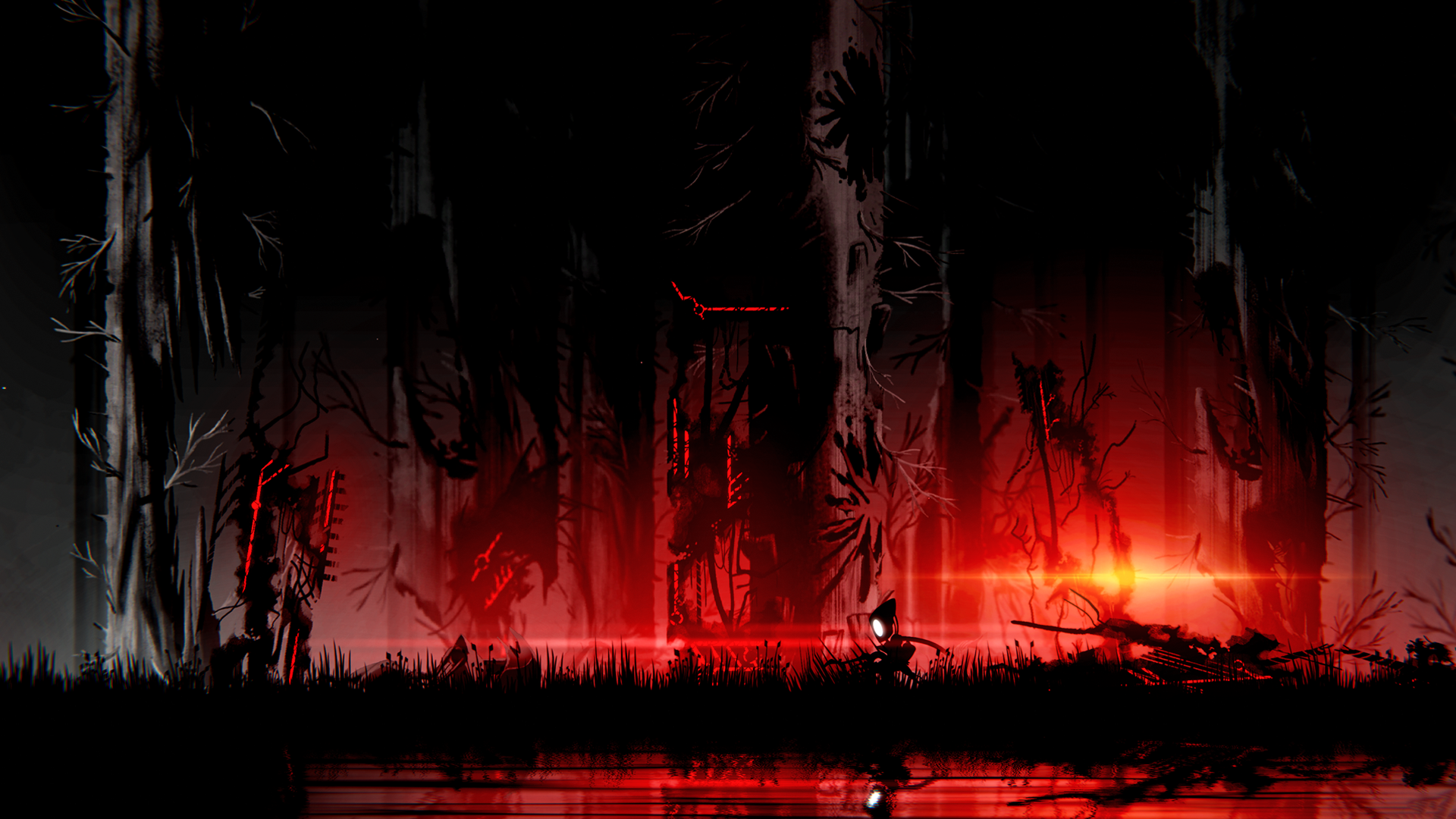
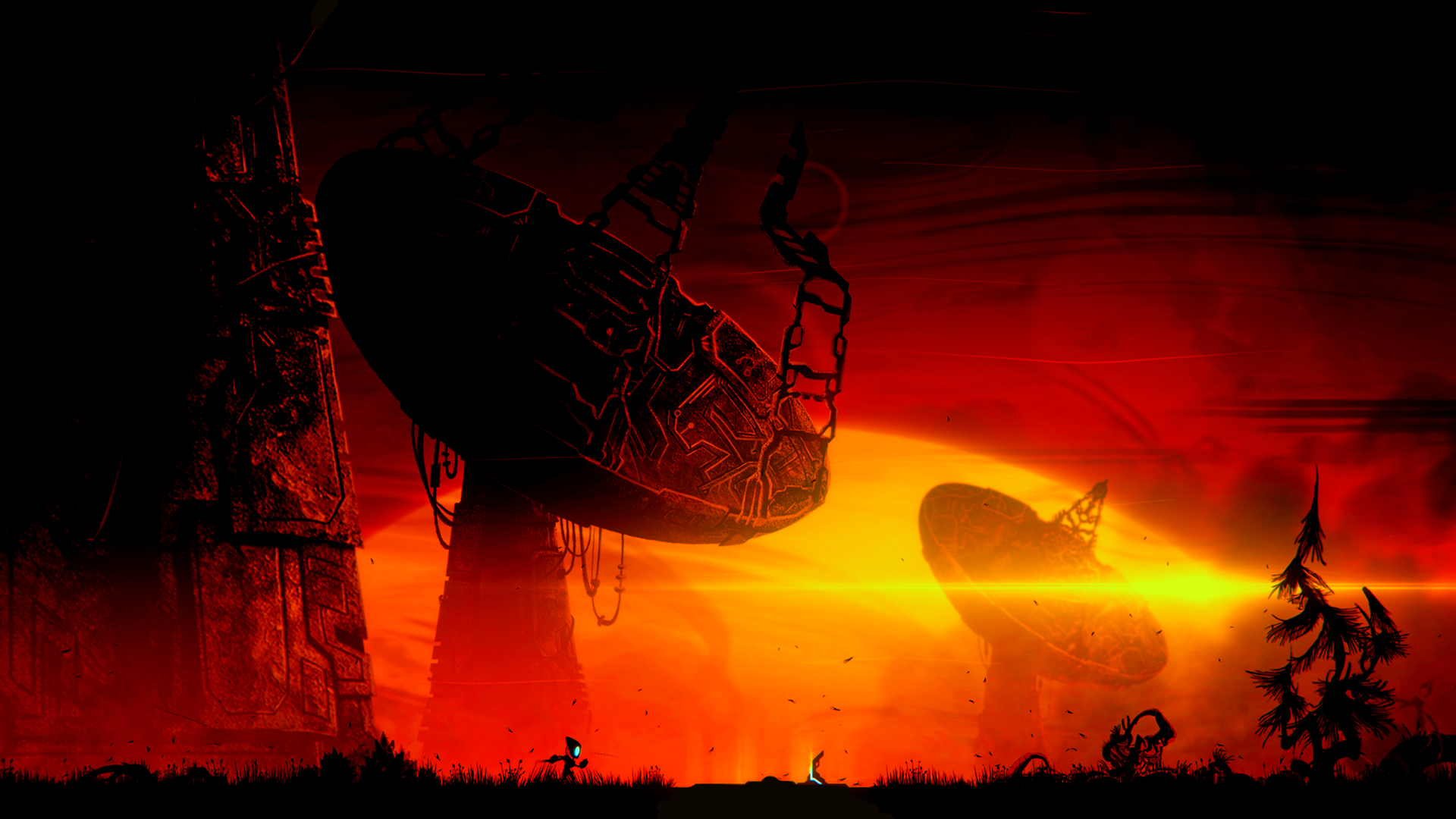
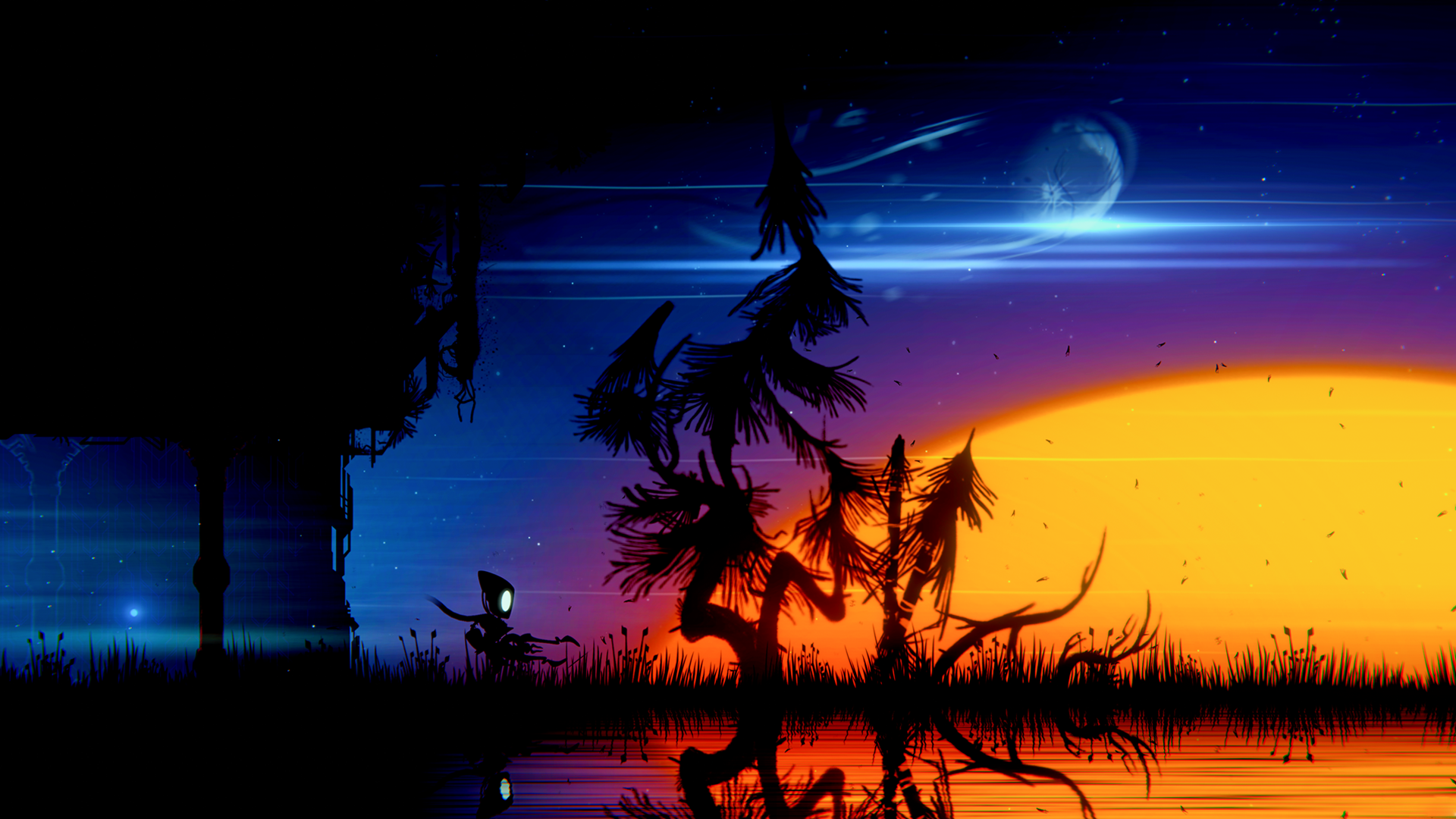
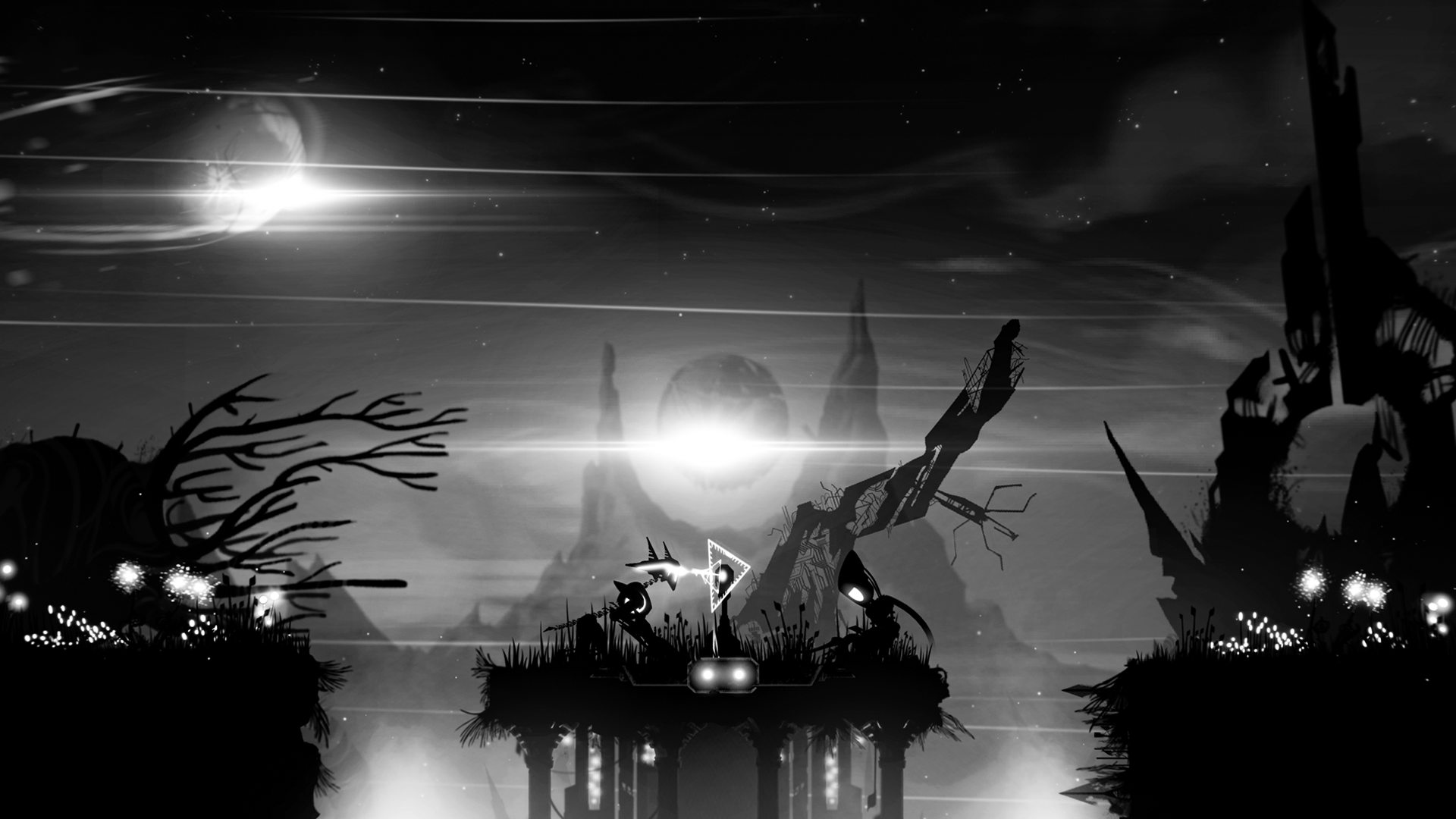
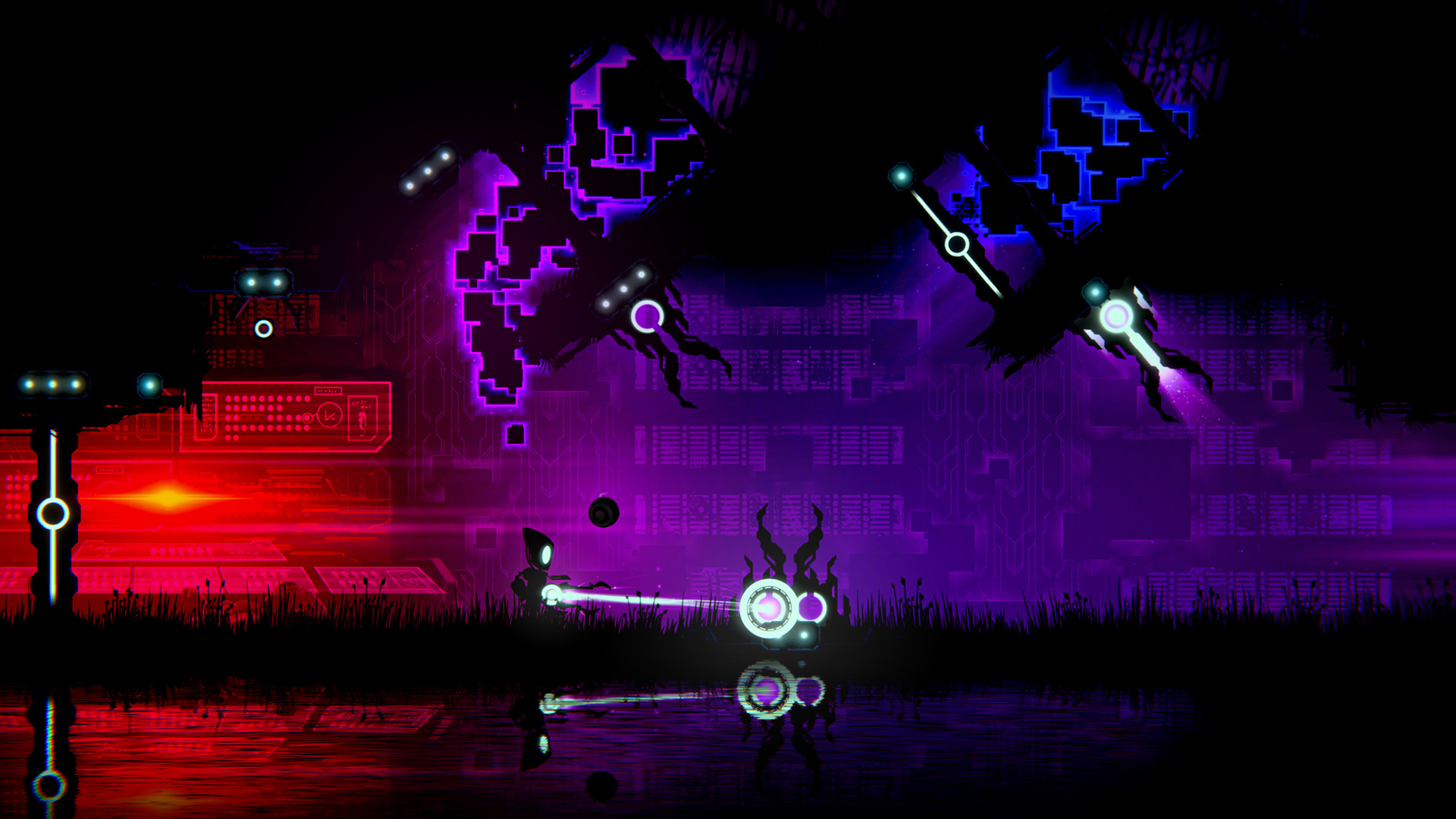
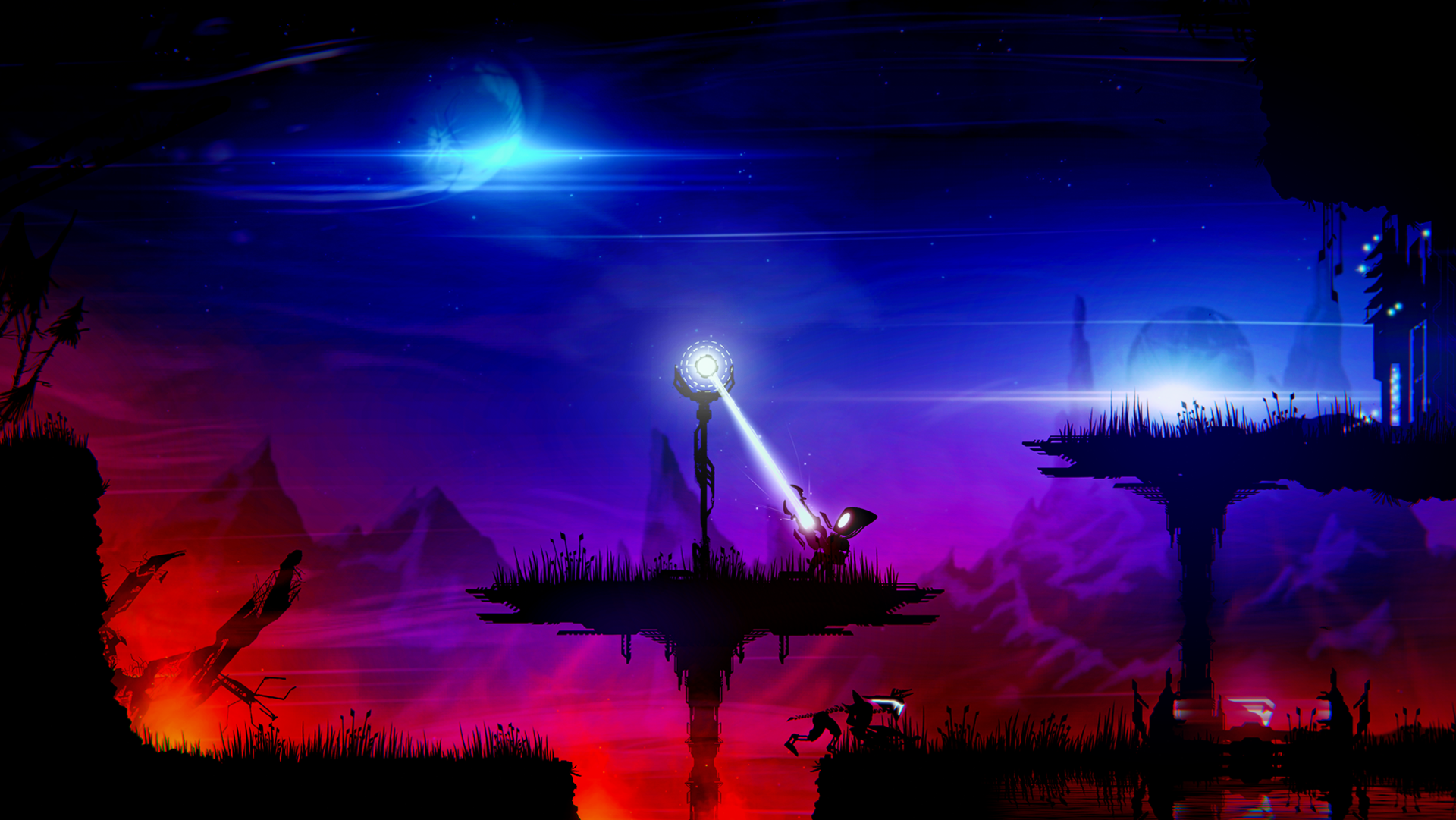
In the interest of full disclosure, VGamingNews was provided with a copy of the game in order to conduct this review.







